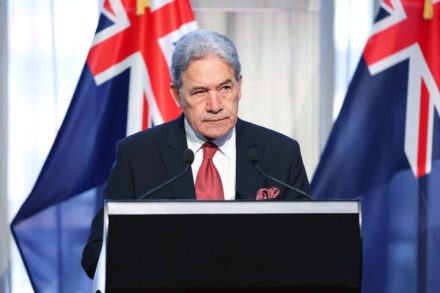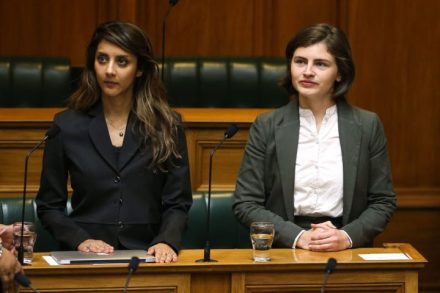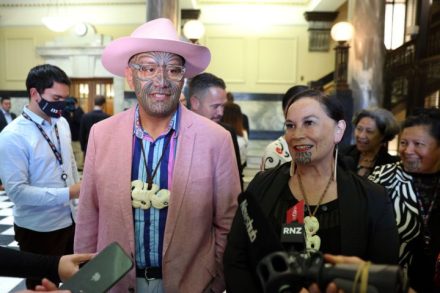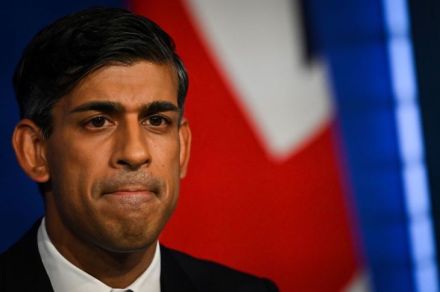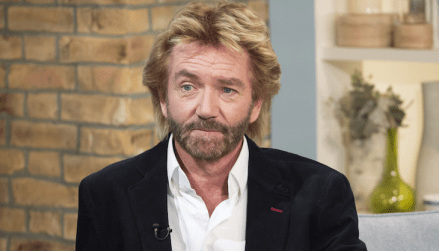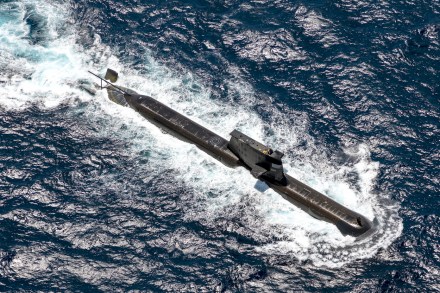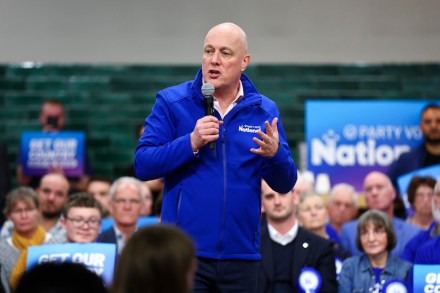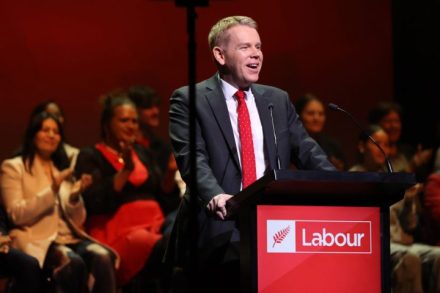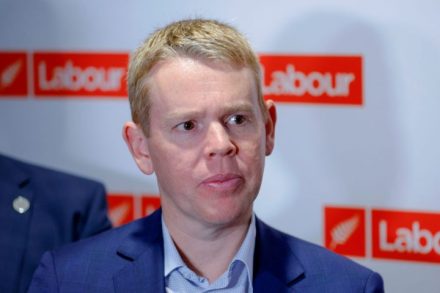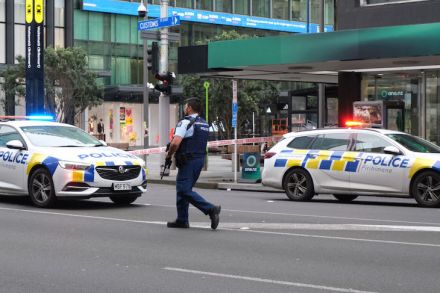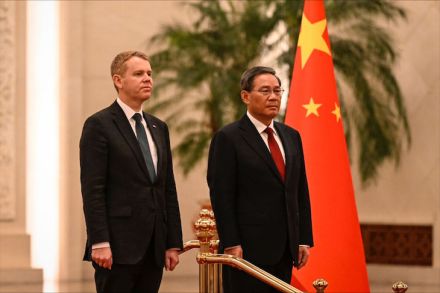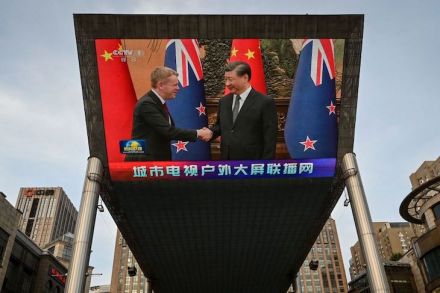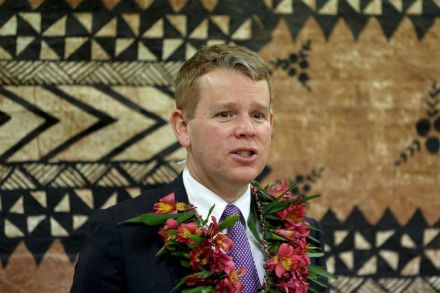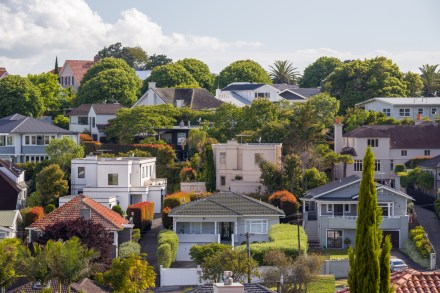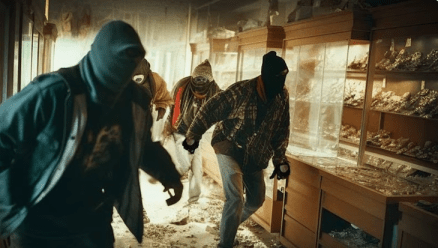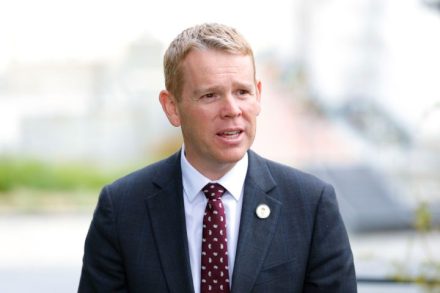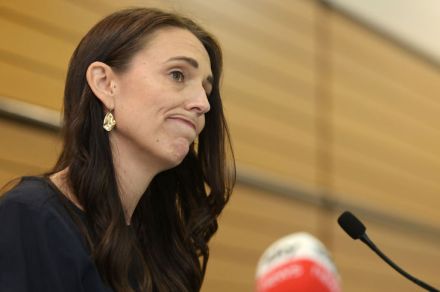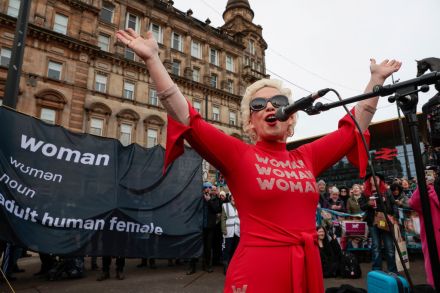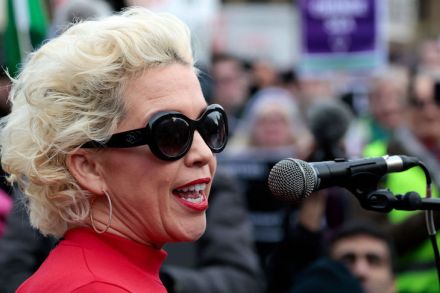Why is New Zealand’s deputy PM rowing with Chumbawamba?
In their musical heyday, the English anarchist punk band Chumbawamba enjoyed a reputation for having an irreverent attitude towards those in political authority. Twelve years after they musically packed it in, a political figure abroad is making even more of a name for himself for his own irreverence towards Chumbawamba. The group has asked New Zealand’s deputy prime minister, Winston Peters, to stop using their best-known song, ‘Tubthumping’, as a curtain-raiser at his rallies and in his fulminations against the woke peril. The populist politician, though, is vowing that the show will go on. It doesn’t help that the 78-year-old Peters is not only his country’s longest-serving parliamentarian but one
